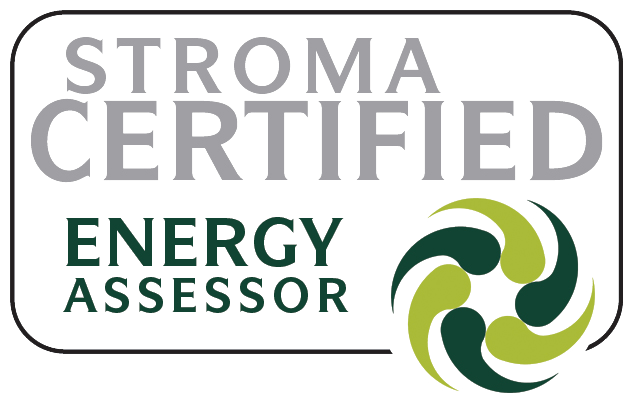The current UK housing stock is generally older than in the rest of Europe, and the potential for improvement in energy efficiency is considerable. So it’s understandable that this is a key focus for the government in achieving their ambitious Net Zero 2050 targets.
Private Rented Sector Consultation
Privately Rented Homes make up 20% of all UK housing. From September 2020 to January 2021, the government ran a consultation seeking views on improving energy performance standards for the domestic private rented sector in England and Wales.
The proposed new standards are hoping to deliver:
- significant emission reductions to support a decarbonisation pathway consistent with the Net Zero 2050 target
- decreased bills for low income and vulnerable tenants, in support of the government’s statutory fuel poverty target
- an increase in the quality, value and desirability of landlords’ assets
- a reduction in energy bills for tenants whilst ensuring warmer homes
- increased investment in high-quality jobs and skills in the domestic retrofit supply chain across England and Wales
Since April 2018, Minimum Energy Efficiency Standard (MEES) regulations for rented properties have required a minimum Energy Performance Certificate (EPC) rating of E. Landlords of F and G rated homes have been required to invest in improving the energy performance of these properties to Band E. If third-party funding is unavailable or insufficient, the landlord spend requirement is capped at £3,500 inclusive of VAT, with certain exemptions.
The proposed new requirements for Privately Rented Homes recently consulted on include:
- the raising of energy performance standards to EPC Band C
- new tenancies to reach Band C from 1 April 2025 and ‘all tenancies’ to reach Band C by 1 April 2028
- increasing the maximum investment amount, resulting in an average per-property spend of £4,700 under a £10,000 cap
- introducing a ‘fabric first’ approach to energy performance improvements
Commercial Conversions
In addition to private landlords, the outcomes of the consultation and subsequent changes to energy efficiency requirements will heavily impact PRS developers, particularly those converting commercial buildings to residential properties.
There have been significant changes to planning regulations over the last few years making commercial conversions very attractive. Most notably, last year saw new rules removing the need for planning permission to turn vacant commercial properties, such as shops and offices, into residential properties.
A large proportion of this commercial property is converted into 1 and 2-bed flats, with many being Private Rented Sector developments. The new rental regulation of a minimum energy rating of Band C is highly important for developers to ensure that there is an ongoing demand for the finished flats when converting commercial buildings to residential properties.
The solutions are not straightforward
Ensuring a minimum EPC rating of C is not that straight forward and given development lead times and the complexity of potential energy efficiency solutions, it’s important to take note of the proposed new regulations and consider these as soon as possible.
A large proportion of commercial conversion flats are currently specified with electric heating and hot water. This makes the most sense financially, as well as for ongoing maintenance and installation. However, unless consideration is taken at the design stage, it’s likely that after SAP calculations are carried out, the apartment will likely receive an EPC rating of E, or possibly D at best.
Gas combi boilers typically produce better EPC ratings; however, these aren’t practical or cost-effective for most small flats. Furthermore, it’s likely that gas boilers along with all other fossil fuels will be phased out completely in the next few years.
Energy Report can help
At Energy Report we are now dealing with a number of commercial conversions where the EPC rating is being considered and solutions designed in as part of the specification at tender stage. We are happy to report that we have found solutions for all clients thus far.
We advise all developers to consider the new energy efficiency requirements at an early stage. For advice on any forthcoming conversion developments, please do get in touch. We can ensure you are compliant with not only EPC rating requirements, but all other energy compliance issues.








 We use Energy Report as our main Energy Performance Certificate provider. They are always very quick to act on an instructions and provide a very competitive quote. The report is turned around very swiftly and they are helpful and polite when answering queries. We have no hesitation at all in recommending Energy Report to any of our clients as they always provide excellent service.
We use Energy Report as our main Energy Performance Certificate provider. They are always very quick to act on an instructions and provide a very competitive quote. The report is turned around very swiftly and they are helpful and polite when answering queries. We have no hesitation at all in recommending Energy Report to any of our clients as they always provide excellent service.